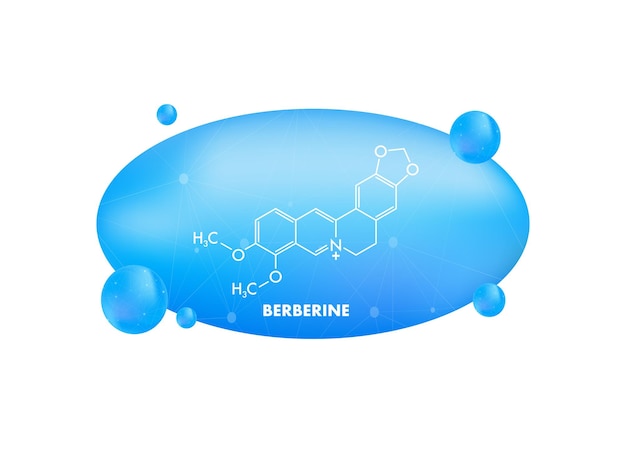Iodine: Essential for Growth and Metabolism
Iodine is a naturally occurring element that is crucial for human growth and metabolic function. Represented by the chemical symbol ‘I’ and holding the atomic number 53 on the Periodic Table of Elements, iodine is one of the rarer elements necessary for life. Most of the earth’s iodine is found in the oceans.
Iodine and Iodide
What Is Elemental Iodine?
In nature, iodine exists either as elemental iodine or as an iodide. Elemental iodine consists of two iodine atoms bonded together. This form of iodine should never be ingested or applied directly to the skin or tissue because it is highly corrosive and can cause severe damage upon contact. However, unless you are working in a laboratory, it is unlikely you will encounter elemental iodine.
What Is Iodide?
Iodide is the ion state of iodine, which occurs when iodine bonds with another element, such as potassium. In this form, iodine can be safely ingested or applied topically, as seen with povidone iodine. Dietary iodine naturally occurs as iodide, such as potassium iodide or sodium iodide, which is commonly added to salt. When you buy iodine from a drug store, it is usually an iodide solution, allowing the body to absorb and use it safely. Essentially, iodine and iodide are different forms of the same element, with iodides being a safe form for ingestion. However, the body needs additional energy to break the iodide bond to utilize the iodine.
Nascent Iodine: A Better Option
To provide a purer form of iodine, atomic (or nascent) iodine has been developed. For instance, Global Healing’s product Detoxadine consists of this type of iodine. This form contains a single iodine atom, which does not cause severe tissue damage and is easily absorbable by the body.
Why Do I Need Iodine?
Iodine is essential for proper human development and metabolic function. It combines with the amino acid tyrosine to form two critical thyroid hormones, thyroxine (T4) and triiodothyronine (T3), which regulate metabolism. Insufficient iodine during fetal development and childhood can lead to developmental issues, including reduced mental development and lower IQ. Both too much and too little iodine can cause functional imbalances, leading to long-term concerns such as hypothyroidism and hyperthyroidism. Without adequate iodine, the human body cannot function normally.
Getting Enough Iodine
Iodides naturally occur in ocean-derived foods. Unfortunately, because iodine bonds easily with water, very little is found in the earth’s crust, resulting in low iodine levels in most land-based foods. However, produce grown in coastal soil tends to have higher iodine content. This is why many countries iodize salt to ensure people get enough iodine in their diets.
Iodine is also available in various supplements. For those who are iodine deficient, atomic iodine may be a natural option to increase iodine levels.

